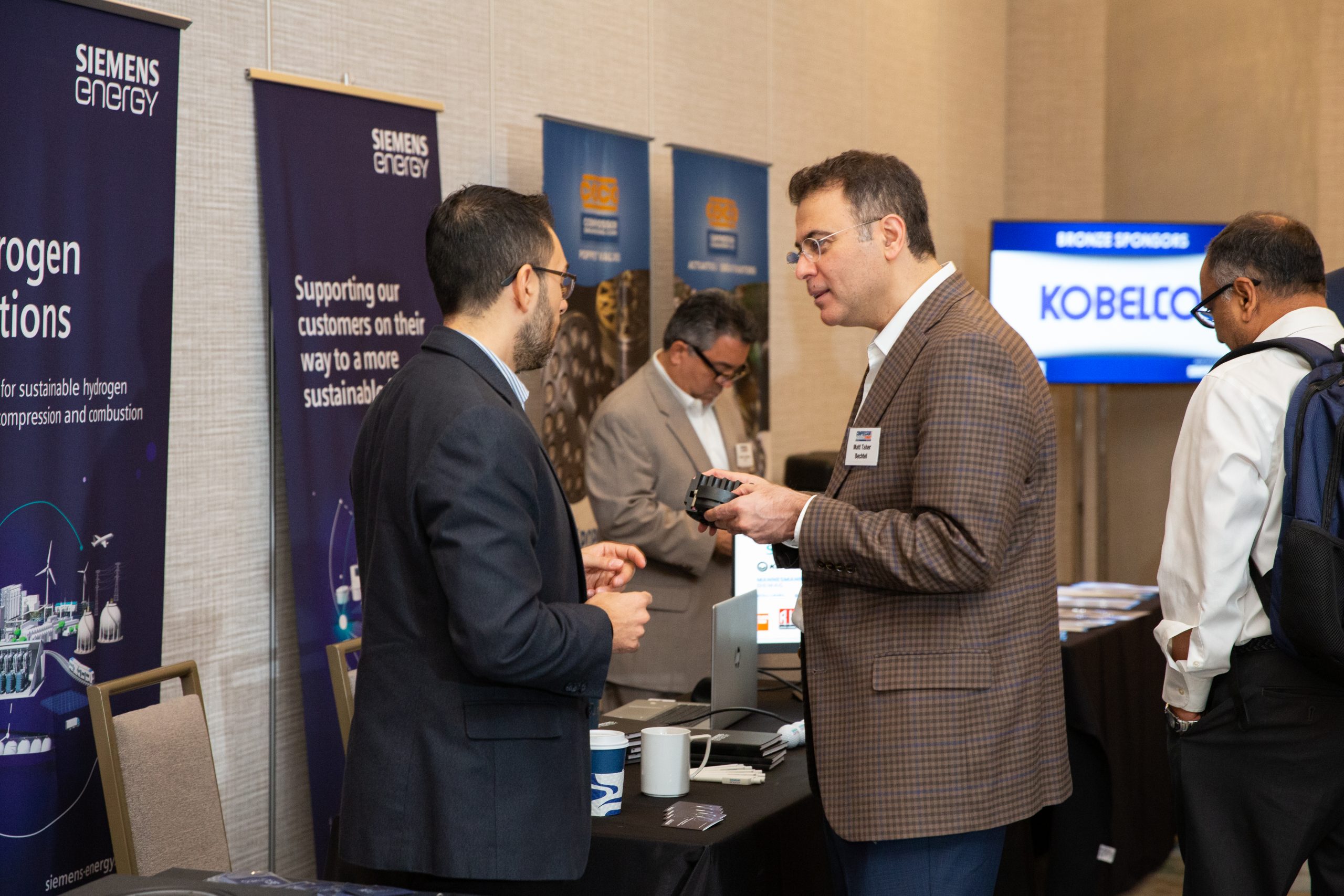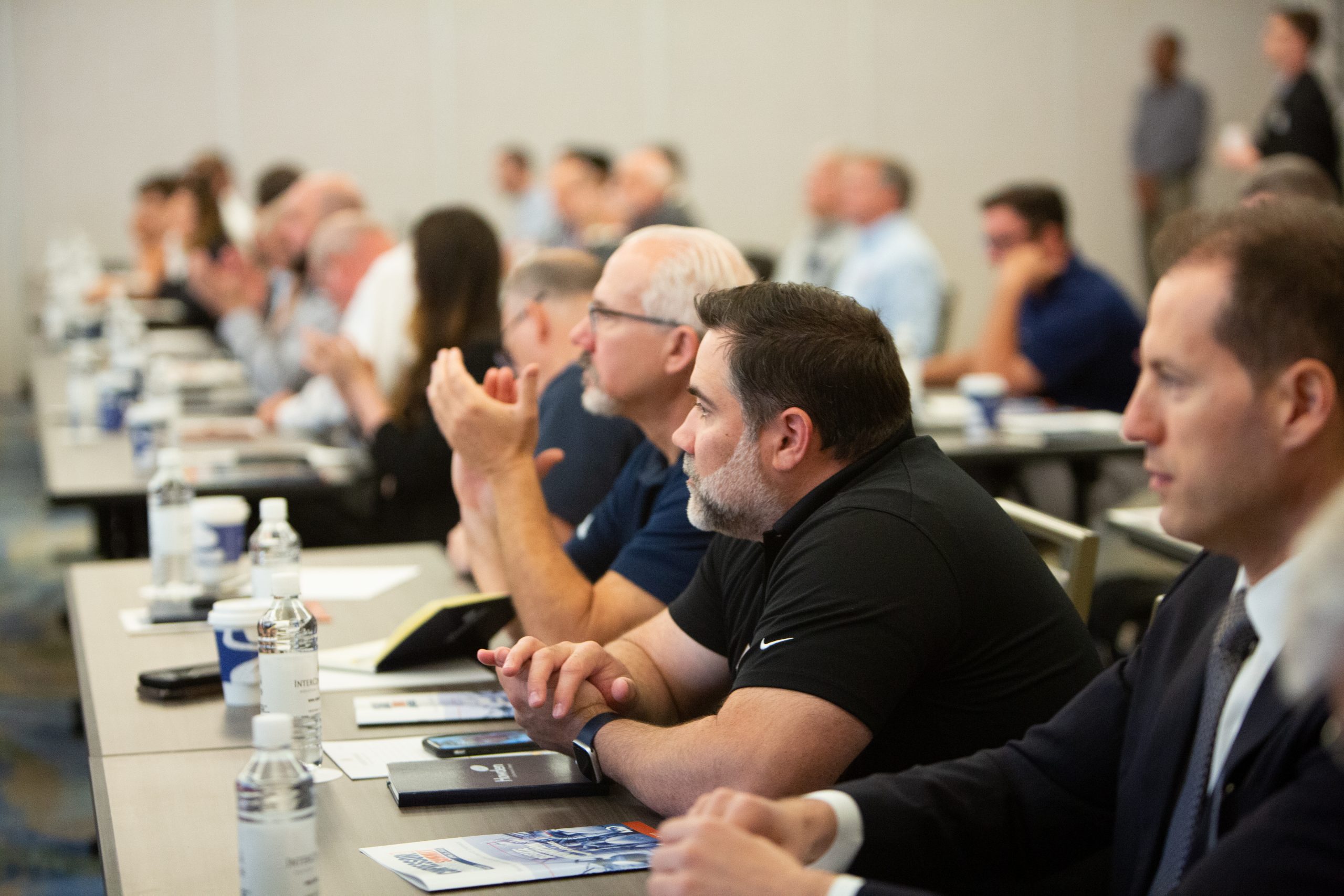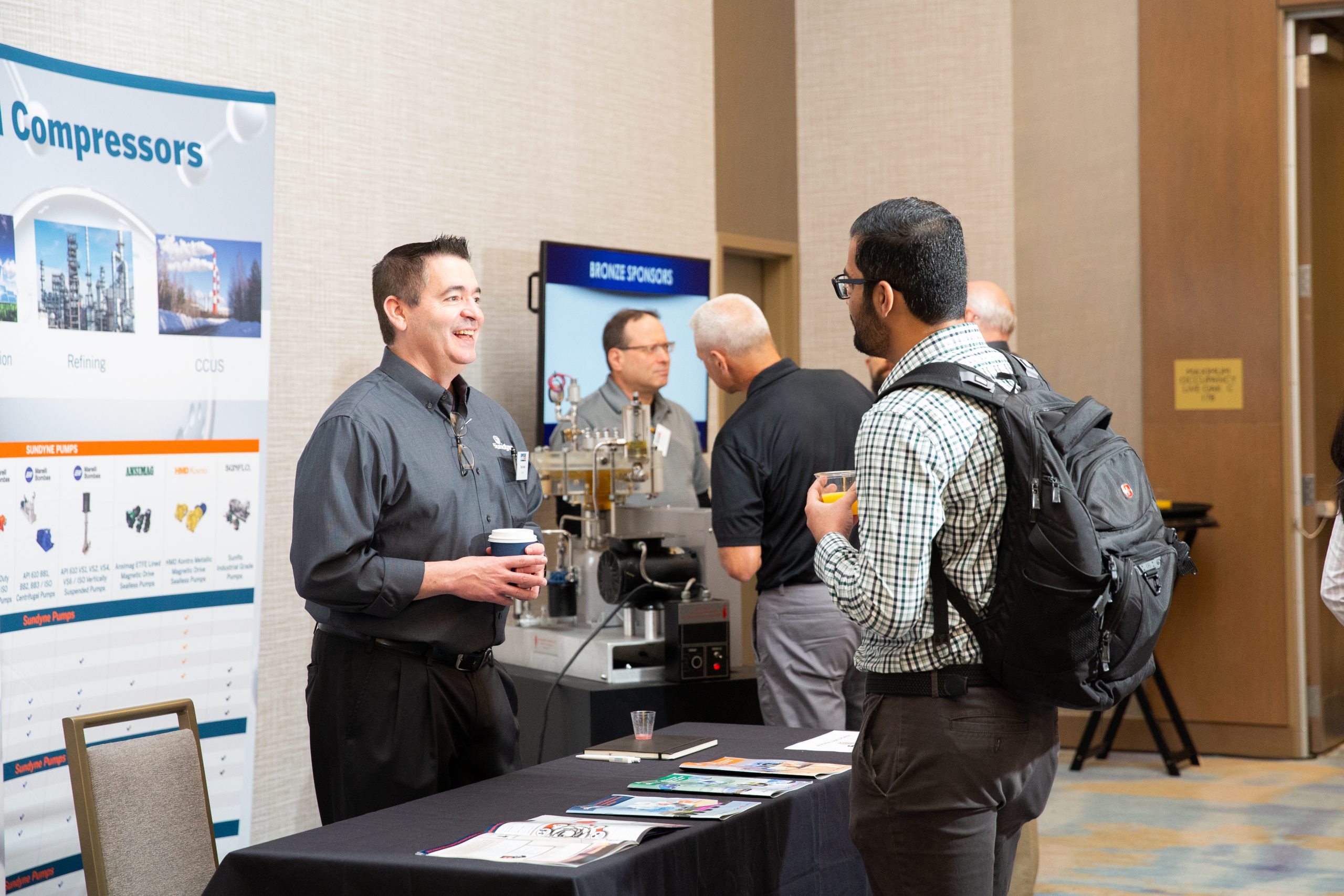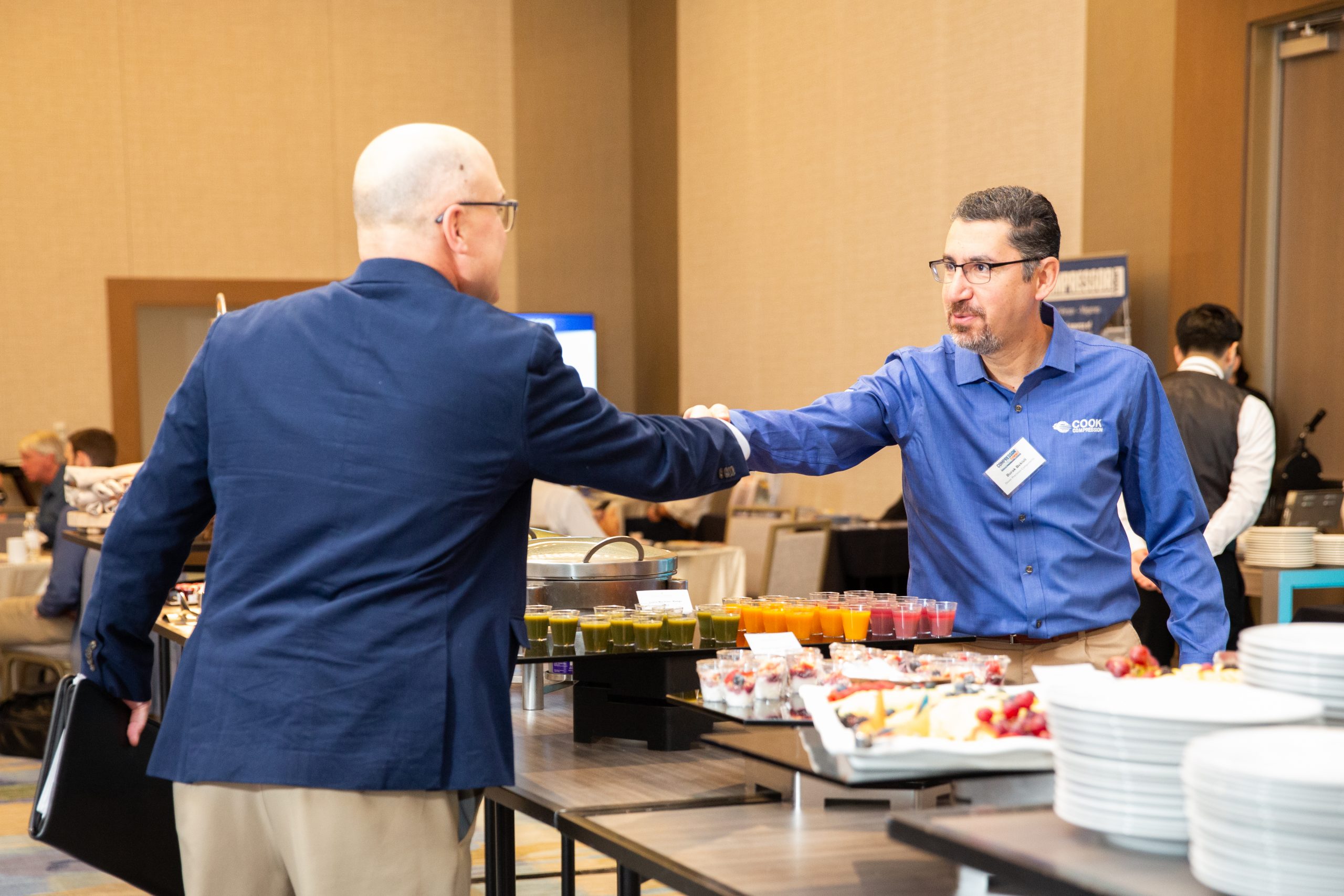Webinar: September 10, 2024 • Registration opening soon
WEBINAR • 10 SEPTEMBER 2024
The blending and compression of H2 safely and efficiently presents challenges to equipment manufacturers, midstream operators, producers and packagers. This webinar will present industry experts who will discuss some of those challenges and offer possible solutions.

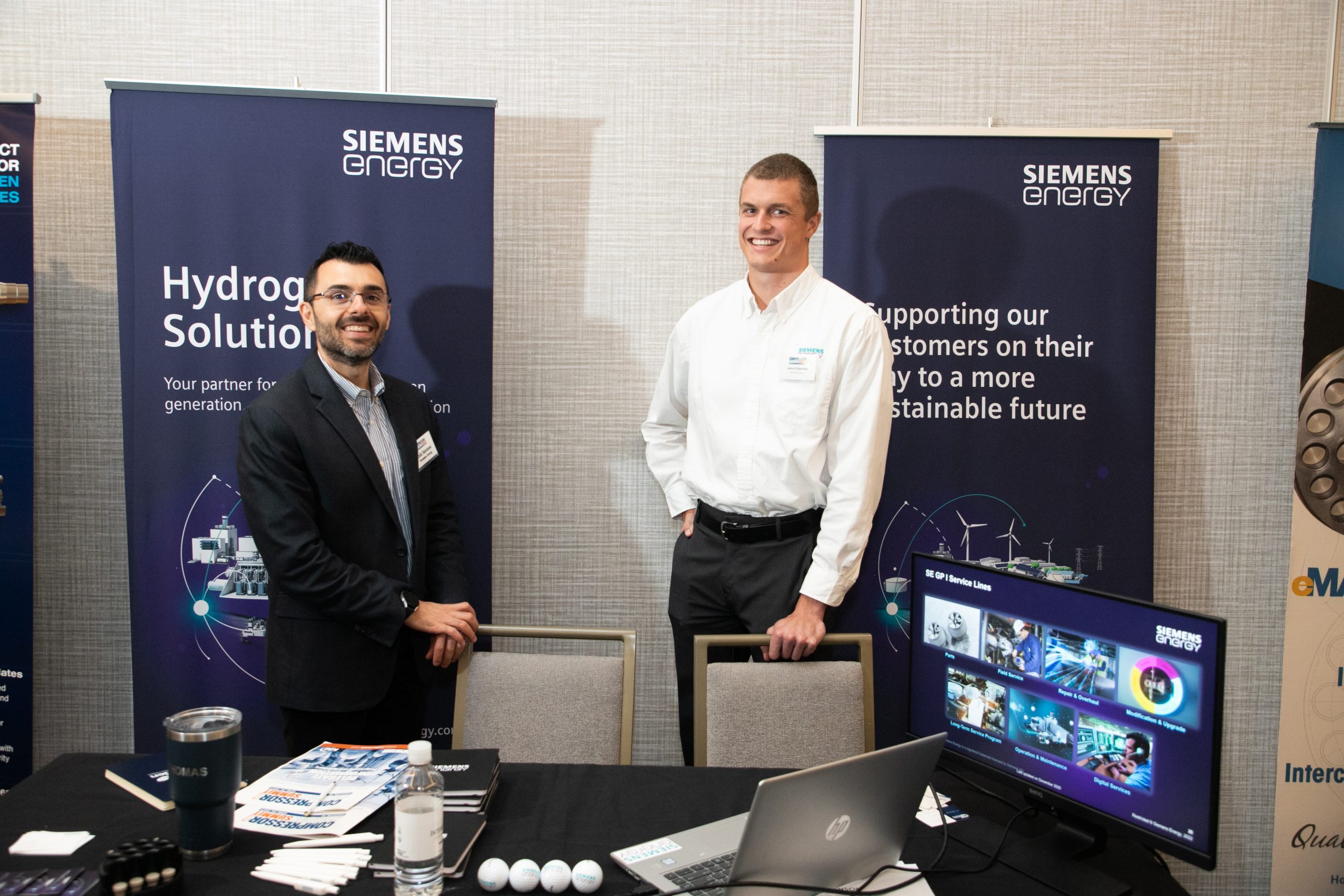
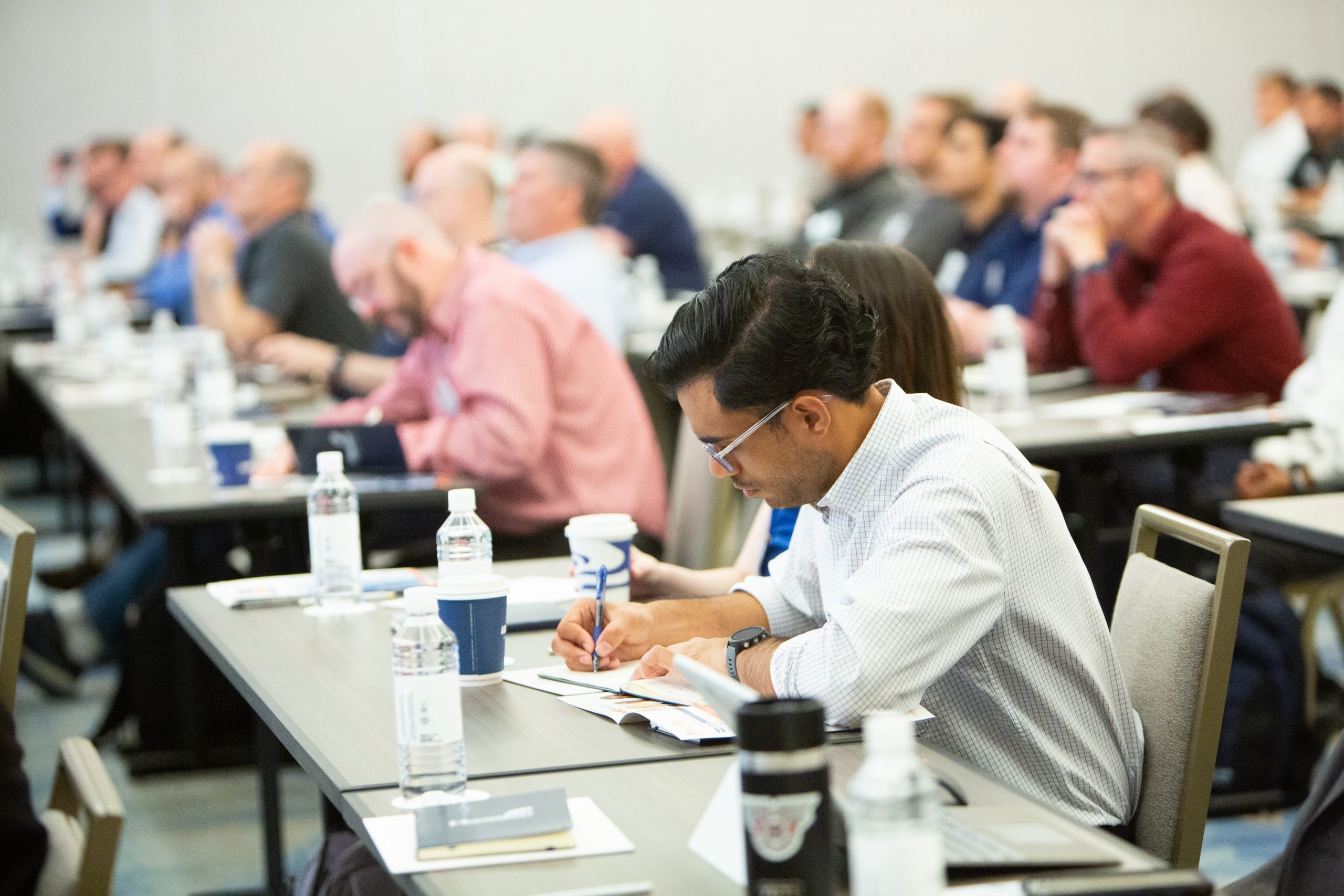
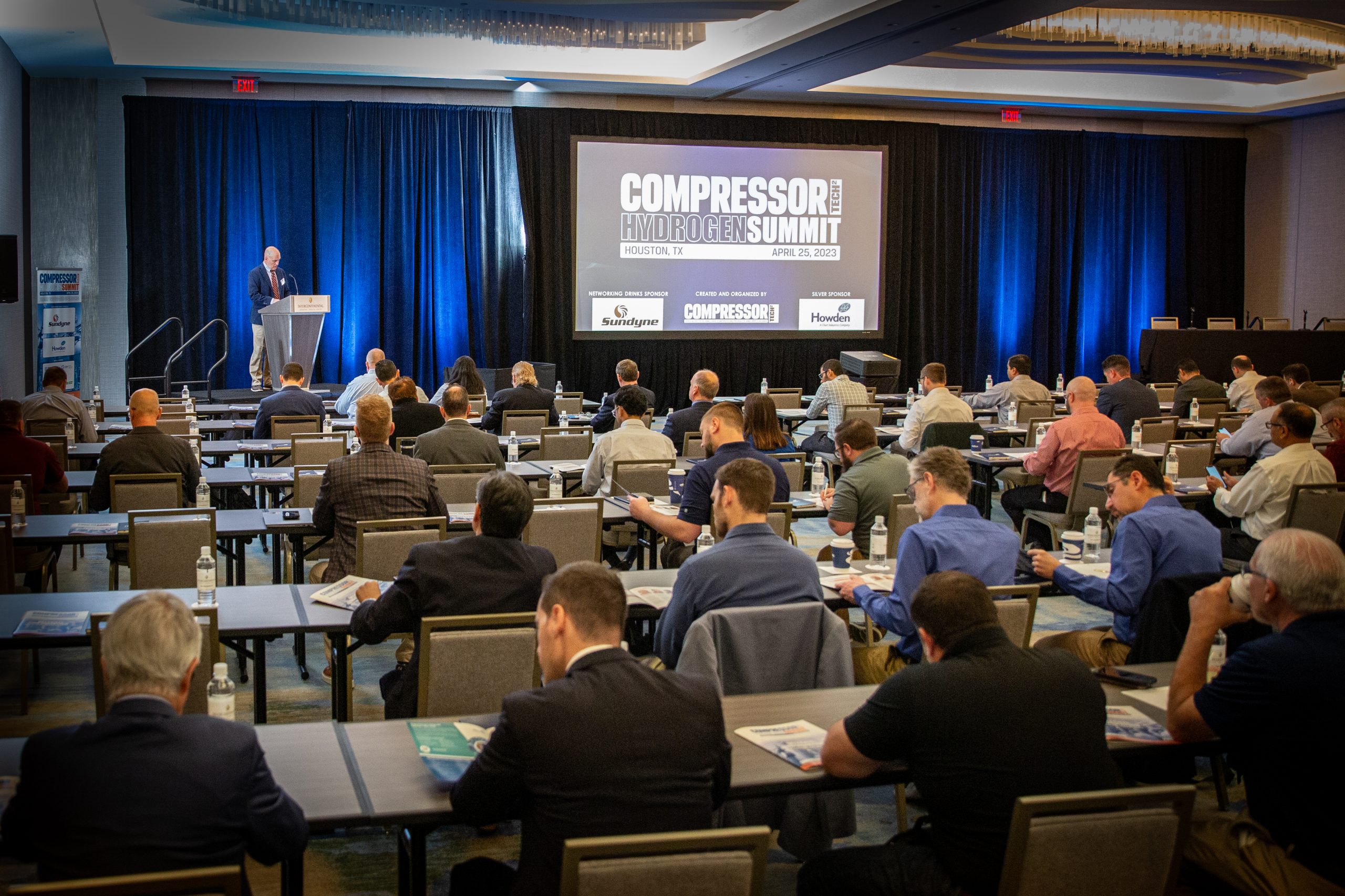
A unique one-day event with keynote, round table and multiple seminars from leaders in hydrogen.
The goal of the COMPRESSORtech2 Hydrogen Summit is to bring leaders together to network and share knowledge, successes and challenges relating to hydrogen blending, equipment and compression.
• Hydrogen testing on existing equipment
• Hydrogen compression equipment and technology
• Hydrogen blending
• Green hydrogen and compression
• Blue hydrogen, carbon capture and compression
• Hydrogen and gas turbines
